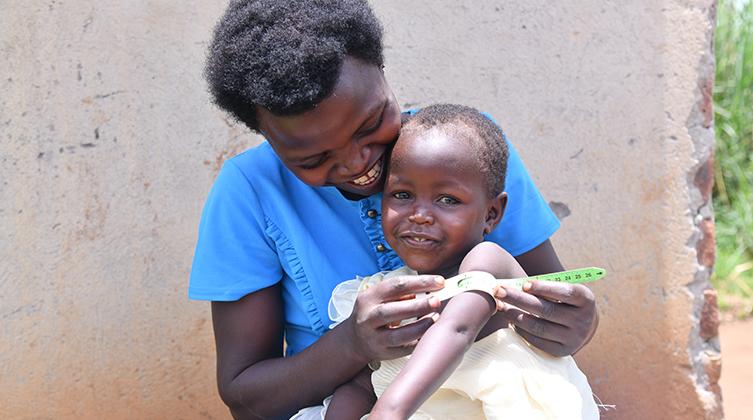Graduating to Resilience in Uganda

The USAID/BHA-funded Graduating to Resilience Activity’s goal is to graduate 13,200 extremely poor refugee and Ugandan households in Kamwenge district from conditions of food insecurity and fragile livelihoods to self-reliance and resilience. With impact evaluator Innovations for Poverty Action (IPA), the Activity consortium consisting of AVSI Foundation, AIR, and Trickle UP, is testing variations of a comprehensive approach to improving vulnerable household resilience over two implementation cohorts, employing group and individual coaching; asset transfer; referrals to local services; and psychosocial support.
I think the coaching sessions have caused positive behavioral change in the household; currently there is joint decision making, which has greatly reduced gender-based violence cases in the households.
– Youth male focus group participant from the host community
AIR’s role on the consortium is focused on learning. The Activity has fueled learning with formative research assessments, scenario planning, performance and context monitoring data, and two refinement periods for reflection. This learning has enabled flexible, evidence-driven adaptations to aspects of operations like the allocation of participants to coaches and to the length of cohort implementation, and to aspects of the Activity theory of change and design such as the inclusion of psychosocial support in Cohort 2.
Technical Briefs
- Graduating to Resilience: Nutrition
- Graduating to Resilience: Gender
- Graduating to Resilience: Coaching
- Graduating to Resilience: Graduation Approach
Assessment Reports
- Value Chain Assessment Report
- Labor Market Assessment Report
- Nutrition and WASH Assessment Report
- Gender Assessment Report
Blog Posts
Journal Articles and Presentations
- Engaging Communities and Lived Experience Through Participatory Approaches (Journal of Policy Analysis and Management)
- Participatory Research | Beyond Tokenism, Incorporating Lived Experiences (Poster)
